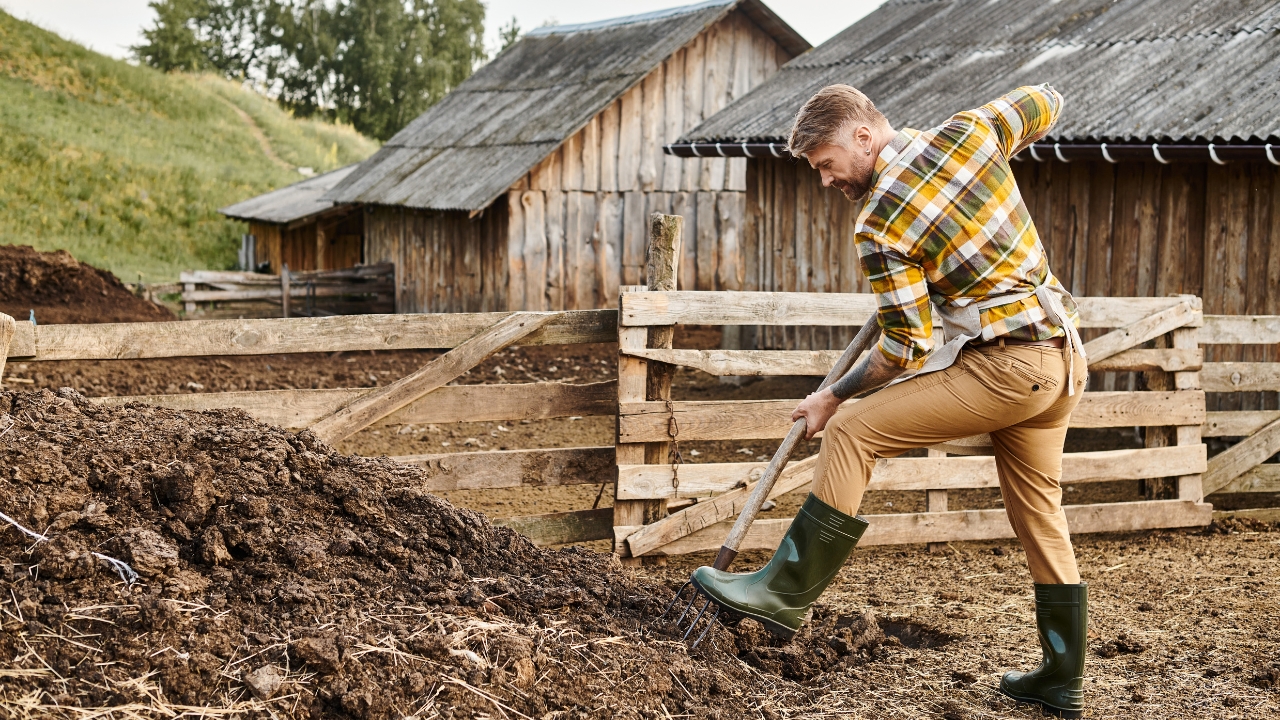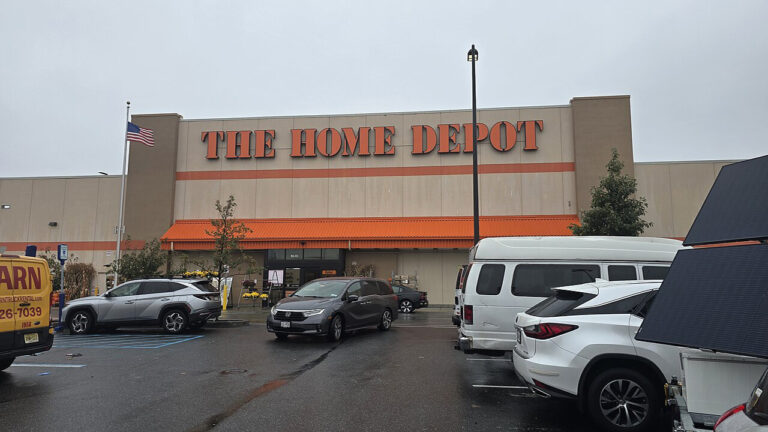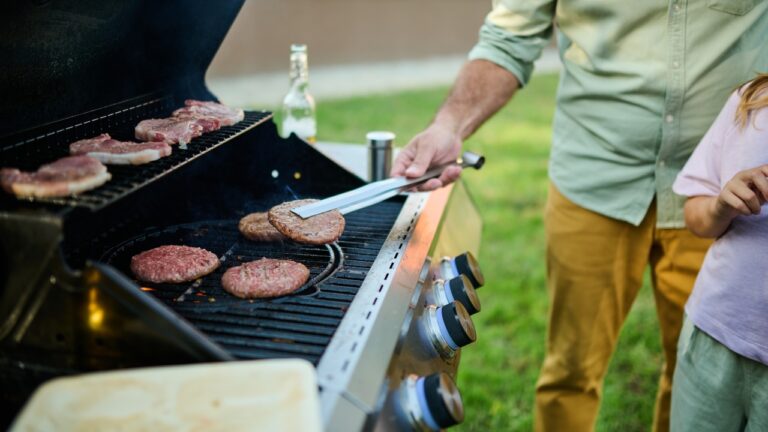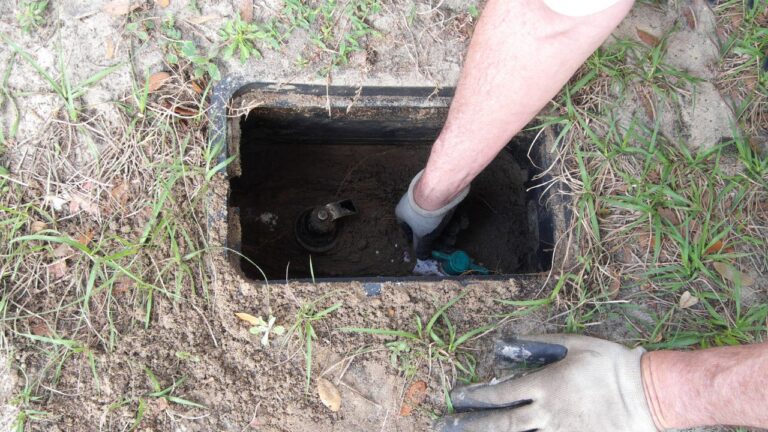10 Cleaning Jobs You Can’t Ignore on a Homestead
There’s always something to clean on a homestead, but some jobs carry more weight than others. If you let these pile up, things can get real messy, real fast—and not just in appearance. We’re talking mold, pests, broken tools, and even sick animals if you’re not staying on top of things.
These cleaning jobs might not be exciting, but they’re key to keeping your homestead running strong and staying safe for everyone living on it.
Scrubbing Water Troughs and Buckets
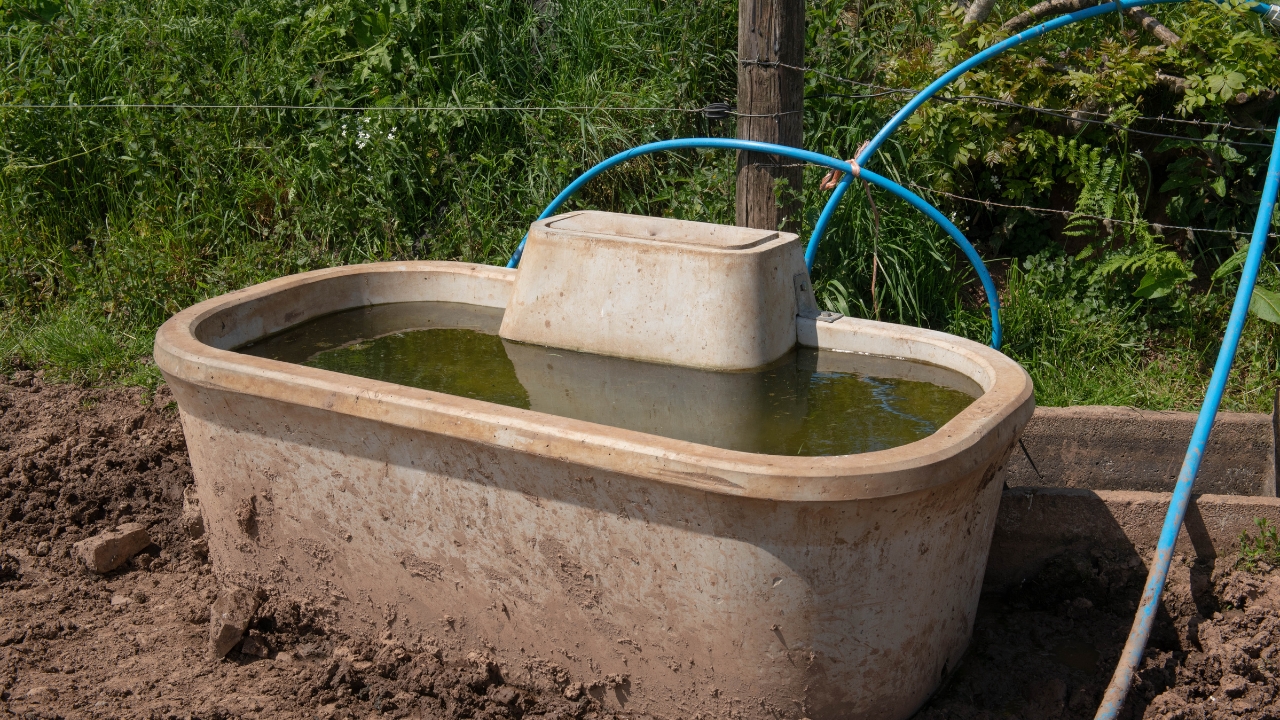
Algae and grime can build up fast, especially in the heat. Dirty water doesn’t just look bad—it can make your animals sick and attract pests. It also messes with how much your livestock actually drink, especially if the water tastes off.
Give troughs and buckets a good scrub at least once a week. Use a stiff brush and rinse well. No fancy chemicals needed—plain old elbow grease and clean water go a long way.
Cleaning the Chicken Coop

Ignoring coop maintenance invites mites, flies, and respiratory issues. A dirty coop also creates ammonia buildup, which can burn your chickens’ lungs over time—even if it smells “normal” to you.
You don’t have to do a full deep clean every day, but scooping droppings, changing bedding, and cleaning out waterers should be part of your regular rhythm. Once a month, plan for a full clean and sanitize.
Clearing Out the Barn or Shed

Cluttered barns and sheds aren’t just inconvenient—they attract rodents and snakes, collect dust, and make it hard to keep track of what you’ve got. Cobwebs, spilled feed, and broken gear are more than an eyesore.
Sweep floors, knock down cobwebs, and take stock of what’s sitting around unused. When everything has a place and you can see the floor, chores go faster and you cut down on surprise problems.
Washing Produce Bins and Buckets
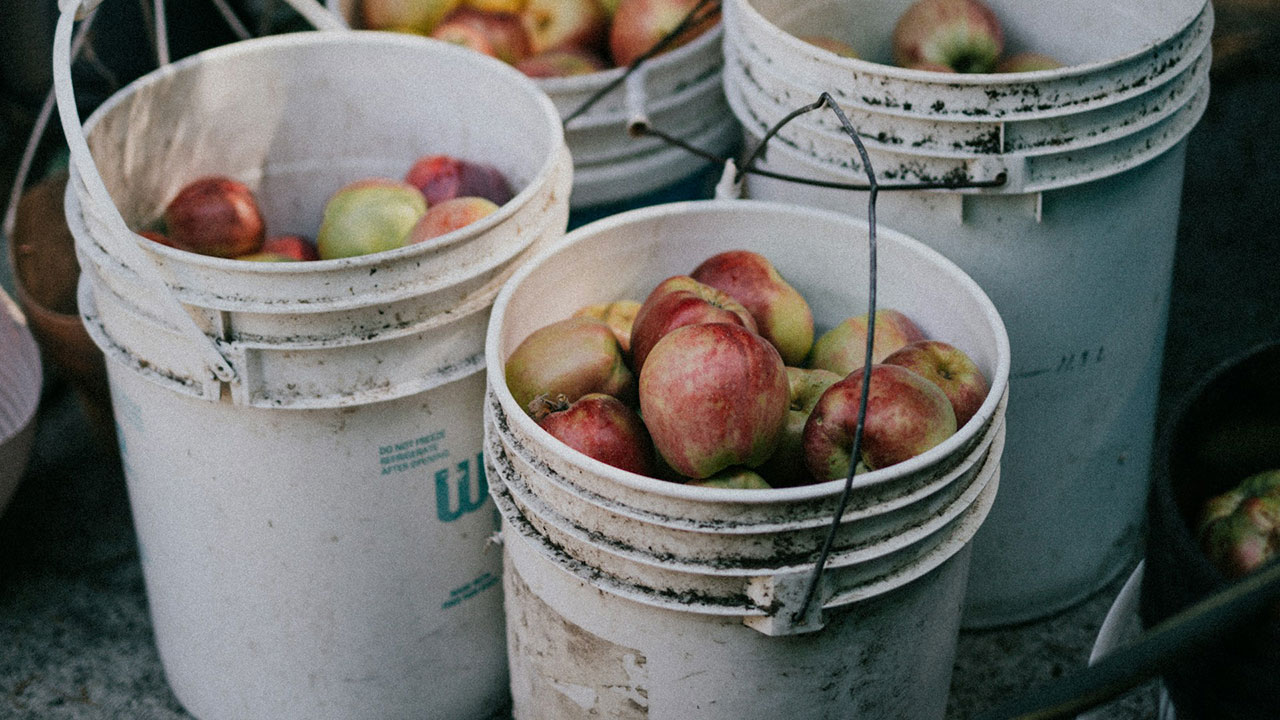
Those buckets you harvest in? They can harbor bacteria, mold, and old food residue if you’re not rinsing and drying them after every use. You don’t want that touching your fresh food.
After harvesting, take a minute to rinse with hot water and scrub off any gunk. Let them dry fully before stacking them. It’s a small job that protects your family and your harvest.
Keeping Feed Areas Clean
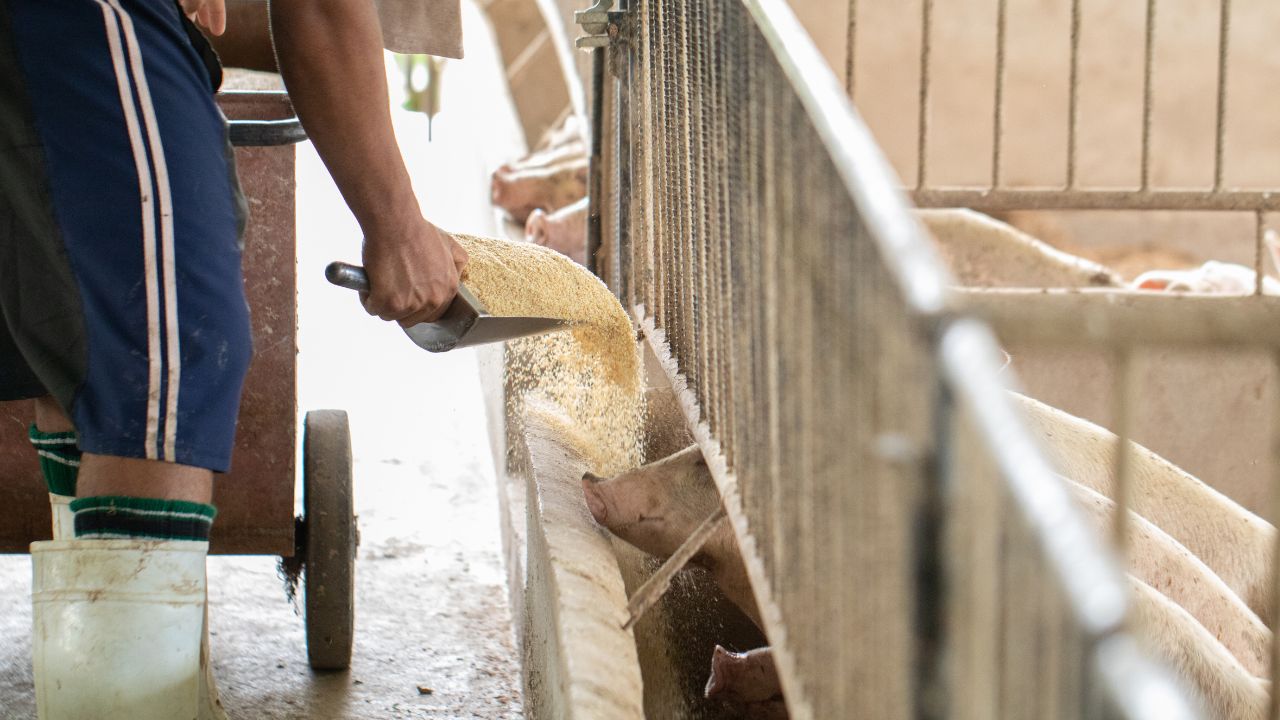
Spilled feed brings in rodents fast. Mice and rats aren’t just annoying—they chew through everything, carry disease, and can even kill baby chicks or spread illness to your herd.
Sweep up feed daily and store it in sealed containers. If you feed outside, check for soggy spots or feed caked into corners. Staying on top of this keeps your feed bills down and your animals safe.
Cleaning Nesting Boxes

If you’re not checking the nesting boxes regularly, you’re probably dealing with broken eggs, poop-caked shells, or even a broody hen sitting in a filthy corner. That’s no good for you or the hen.
Check boxes daily, clear out any mess, and replace bedding often. A clean box keeps your eggs cleaner and helps prevent bugs from taking over. It’s worth the five minutes.
Power Washing Outdoor Surfaces

Paths, porches, and animal pens all build up layers of dirt, mildew, and waste. That buildup makes things slippery and can lead to infections in hooves, paws, or bare feet.
Once a season, hook up the pressure washer and give your outdoor surfaces a good blast. Focus on high-traffic areas and spots where water tends to pool. It makes a difference in both safety and smell.
Cleaning Garden Tools
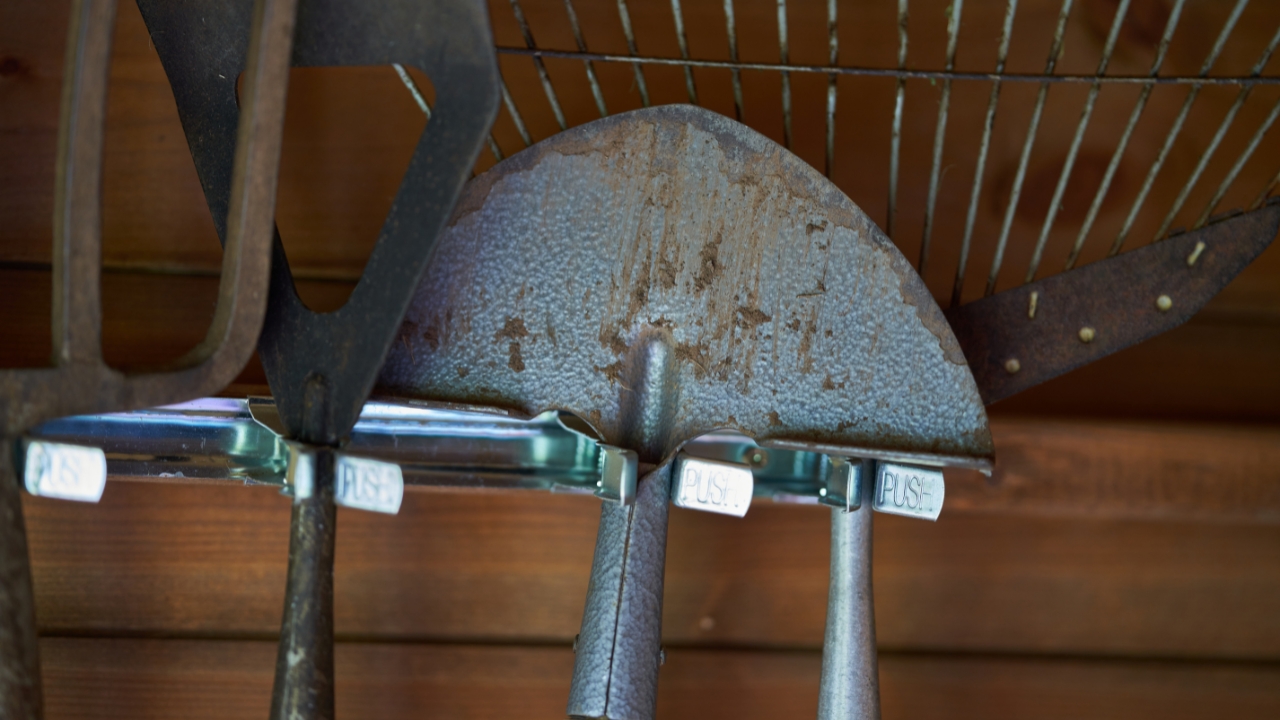
Dull, rusty tools slow you down and can actually spread disease from one plant to another. It’s easy to toss tools in the shed and forget about them, but they won’t stay in good shape on their own.
At the end of the day, give tools a quick rinse, dry them, and hang them up. Once in a while, sharpen blades and oil moving parts. You’ll get more done with less effort.
Emptying the Compost Bin
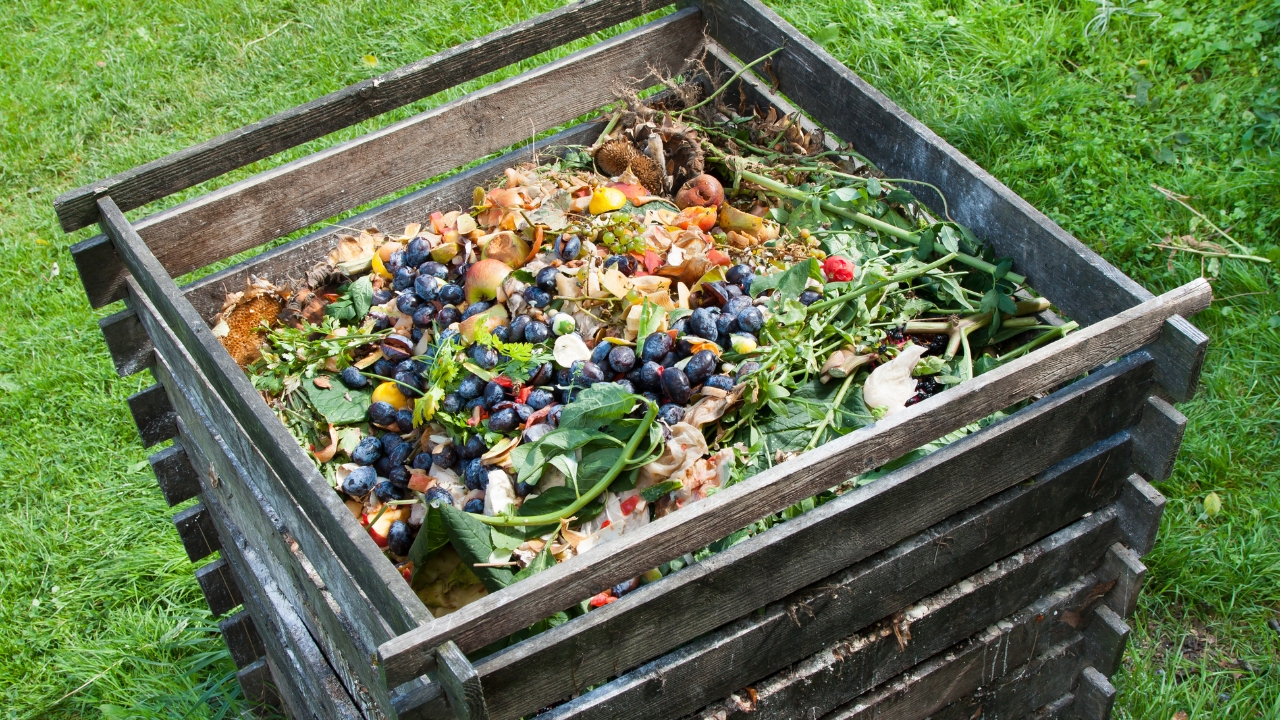
Letting compost overflow or pile up too long can attract flies, rats, and bad smells. A balanced compost pile should be turned and used—not left to rot forever in a forgotten corner.
Turn it weekly and know when to start a new pile. When one’s ready, get it into the garden or onto the beds. It’s valuable stuff, but only if you actually use it.
Washing Reusable Rags and Gloves
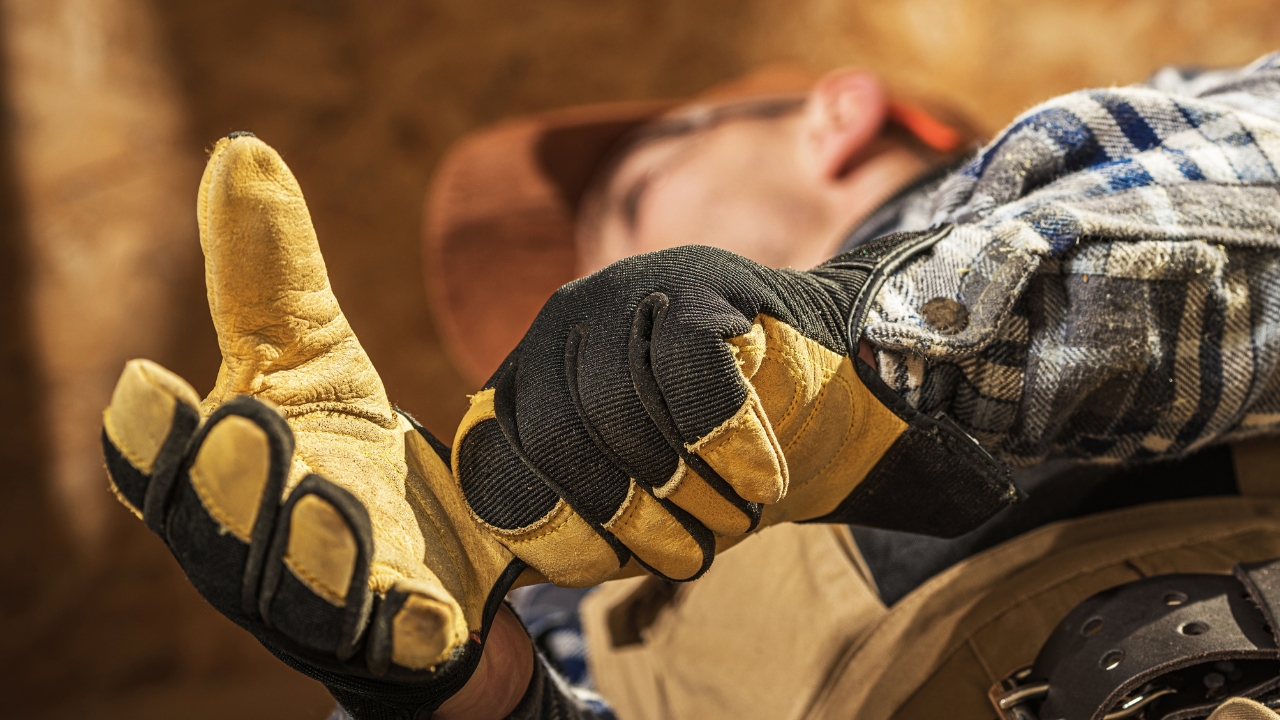
Reusable gear gets nasty fast. If you’re cleaning stalls, wiping spills, or working in the garden, those gloves and rags collect bacteria and grime that you don’t want spreading around.
Toss dirty rags and gloves in their own bin and wash them regularly. Skip the fabric softener—it’ll mess with absorbency. Hot water and a good rinse cycle do the job.
*This article was developed with AI-powered tools and has been carefully reviewed by our editors.

